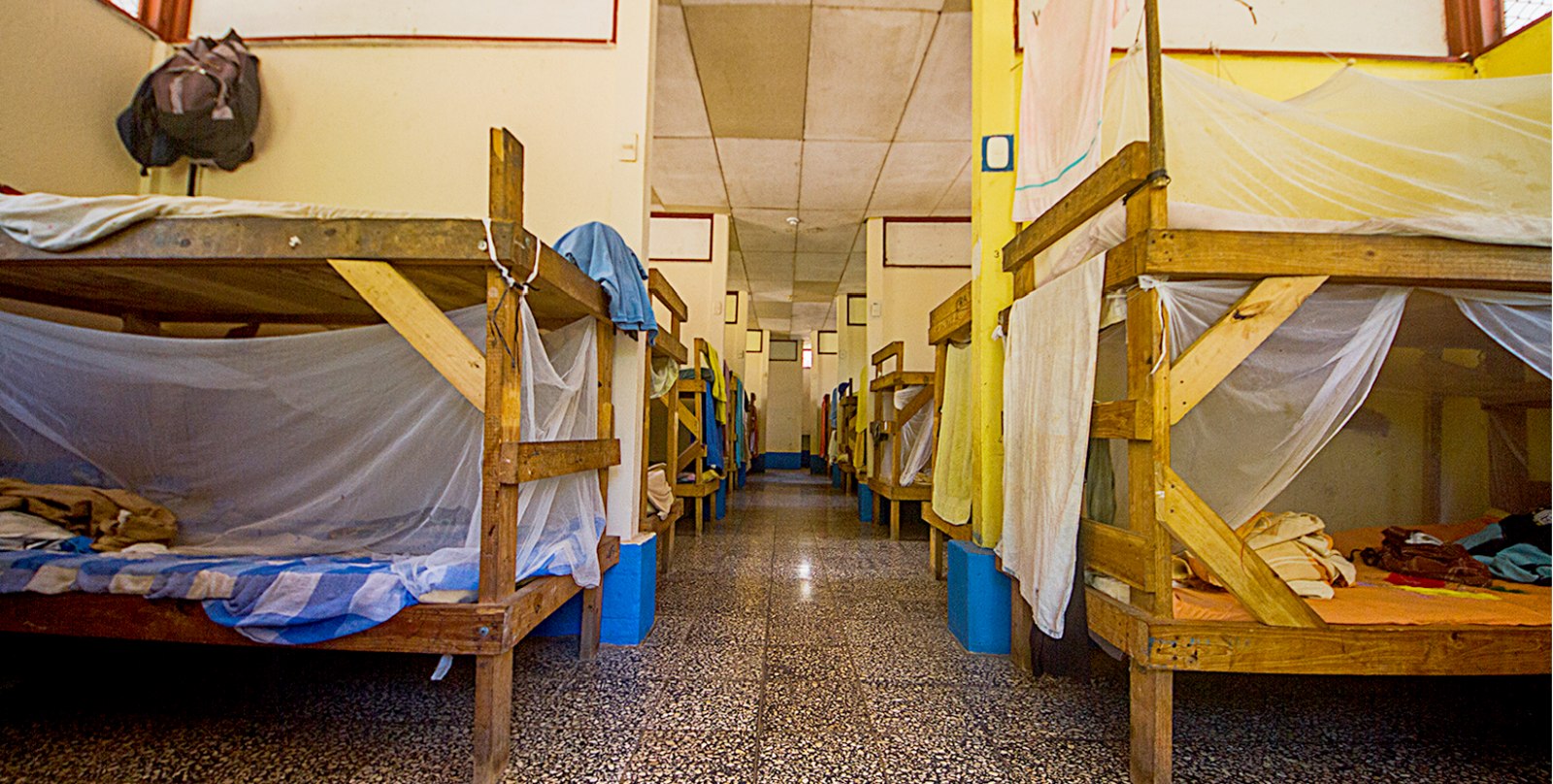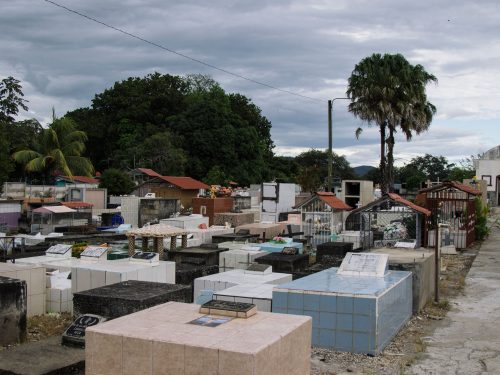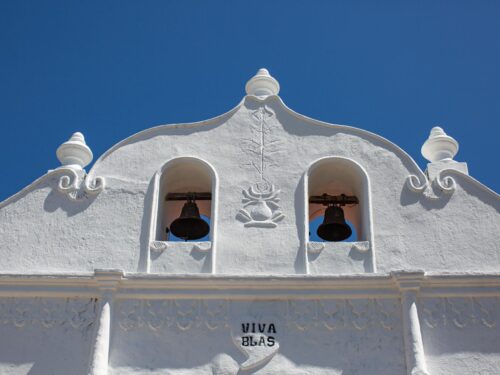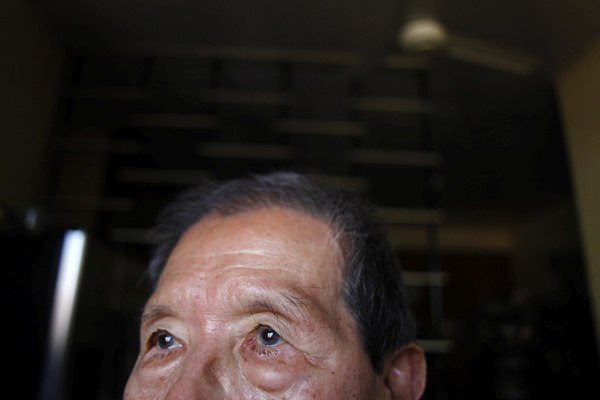
“Never [a] jail in Nicoya”. This phrase said by Nicoyan Mayor Marco Jimenez sums up his disagreement with building a penitentiary in the canton.
The municipal official’s discontent is due to the initiative of the Ministry of Justice and Peace to build a Productive Unit category center for social adaptation. The center has the purpose of reducing aggression in criminal actions.
“In order to build something in the canton of Nicoya, they need to have the authorization of the municipal government, and we have a specific guideline in this mayoral office that does not permit the construction of any prison because it is not what the people of Nicoya want,” said Jimenez.
The mayor stated that the creation of a prison unit would not benefit the canton. On the contrary, it would undermine the security and peace of Nicoya.
“Let them tell me with concrete data which community where they have created prisons has been the one that has managed to have peace and harmony. In the community where a prison is built, what it accomplished is aberrant characteristics take root, and we Nicoyans are used to living in peace and cultivating values and customs. Therefore, we are not going to allow the creation of any prison,” Jimenez commented.
Despite the refusal of municipal official, the project is already well advanced, specifically in the design stage under the direction of Consorcio CGL-OPB, and they hope to begin construction during the second half of this year, in the neighborhood known as Pedernal.
According to Gonzalo Elizondo, general coordinator of preventive programs for the Ministry of Justice and Peace, these programs promote the rehabilitation of prisoners.
“The Production Units reflect a model of detention that is modern and respectful of human rights, of people deprived of liberty, and they constitute centers for attention, education and job training. They have the objective of searching for conditions that prevent prison terms from reducing the possibilities of reintegration into society and producing negative effects on prisoners,” Elizondo indicated.
Nicoya’s case is not isolated since the creation of productive units (centers of social adaptation) is a project that has been in the works since 2012 for different strategic points in the country: San Isidro of Heredia, Liberia, Perez Zeledon, Pococi, San Rafael of Alajuela and Nicoya.
According to Elizondo, Nicoya was chosen because the agreement with the Inter-American Development Bank (IDB) suggests that the project be designed and built in properties where penitentiary infrastructure already exists since the loan does not include land purchase.
In Nicoya’s case, the production unit will be located on the same property where the Semi-Institutional Attention Center operates, 3.3 kilometers east of the entrance to Nicoya, in the neighborhood known as Pedernal.
This unit will function as an educational center where prisoners receive training from the National Learning Institute (INA- Instituto Nacional de Aprendizaje) and learn how to make various types of crafts and, according to Elizondo, this project will bring benefits not only to prisoners, but will also create sources of employment in the area.
The Nicoya Productive Unit would house about 576 prisoners, who will have to sign a behavioral contract and make a commitment to keeping their behavior respectful.







Comments